PMTS, fundada en Panamá en 1998, ofrece cursos marítimos según regulaciones internacionales, con oficinas globales para servir a marinos a nivel mundial.

Based on the STCW '78 Convention as amended and its Training Code
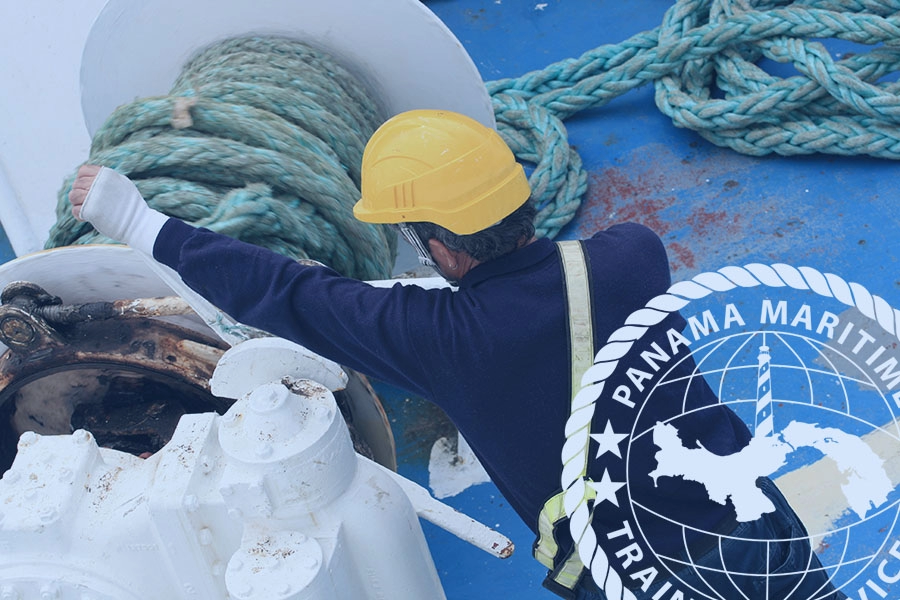
Demonstrate the ability to understand the work environment of seafarers and the importance of contributing to good human relations on board the ship, taking appropriate measures in situations of danger, pollution, and emergencies, always ensuring the safety of personnel and the ship in accordance with Regulation VI/1, Section A-VI/1 and Table A-VI/1-4 of the amended STCW'78 Convention and its Training Code.
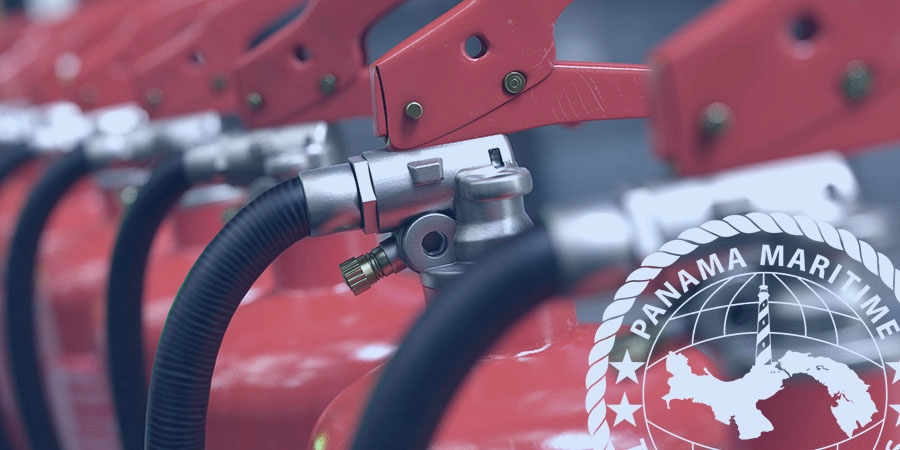
Demonstrate the ability to act to minimize the risks of fire, by taking appropriate measures for the safety of personnel and the ship, in accordance with Regulation VI/1 and its respective section.
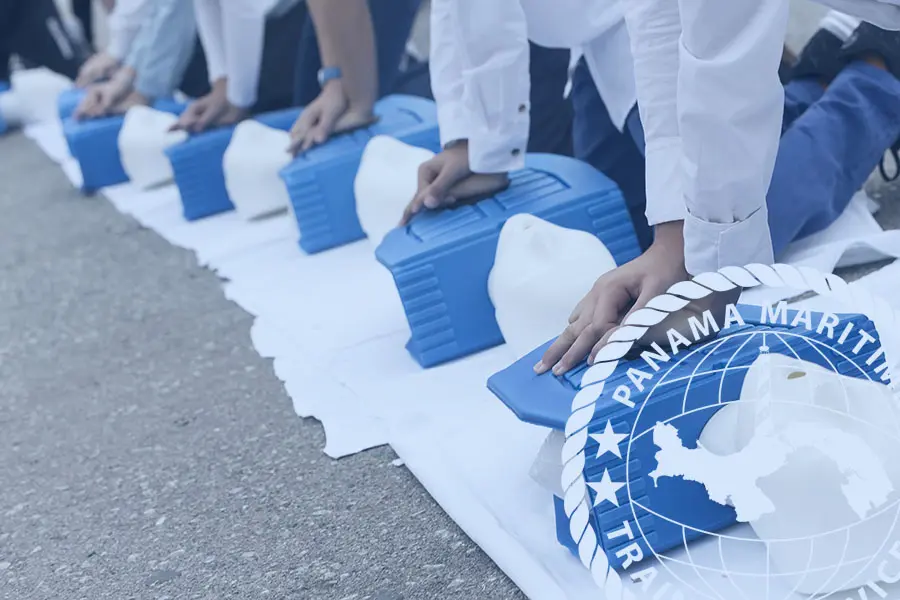
Apply basic first aid principles in case of accidents or emergency situations on board the ship, in accordance with Regulation VI/1, Section A-VI/1 and Table A-VI/1-3 of the amended STCW'78 Convention and its Training Code.
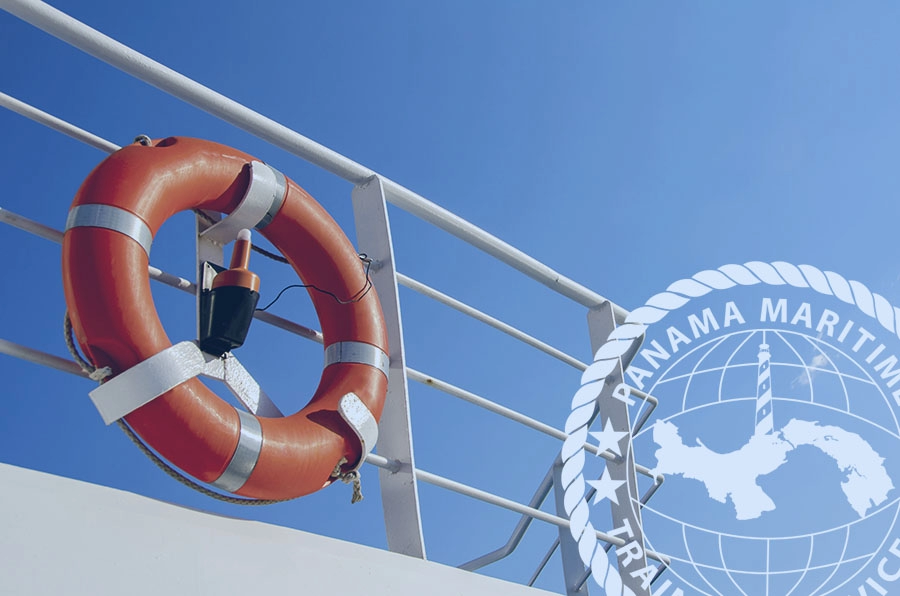
Demonstrate the ability to act appropriately during emergency situations, such as a person falling overboard, evacuation, or abandonment of the ship, with the aim of minimizing the risks of loss of life. This involves taking appropriate measures to ensure the safety of personnel and the ship, in accordance with Regulation VI/1, Section A-VI/1 and Table A-VI/1-1 of the amended STCW'78 Convention and its Training Code.
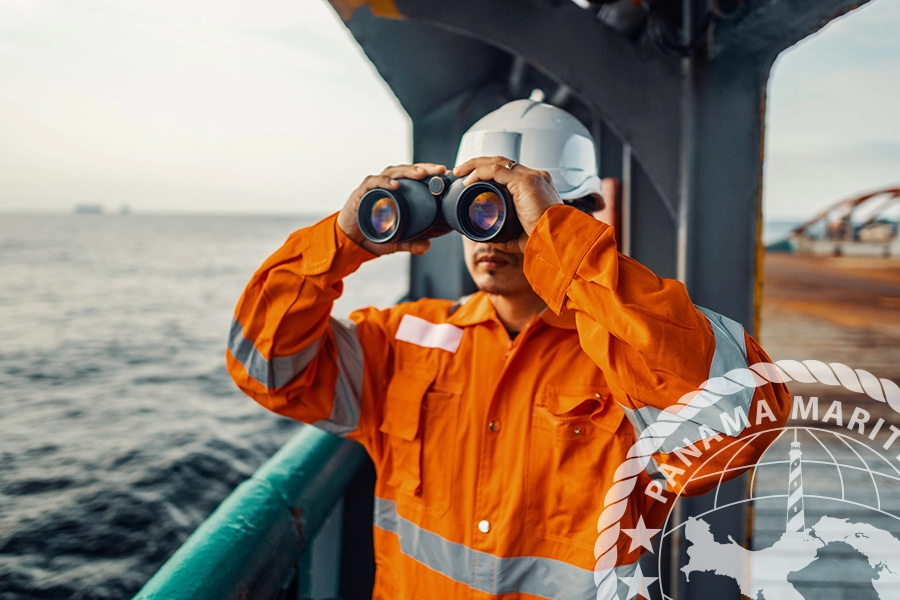
Comply with the security measures established in the ship's security plan and follow the instructions of the ship's security officer.
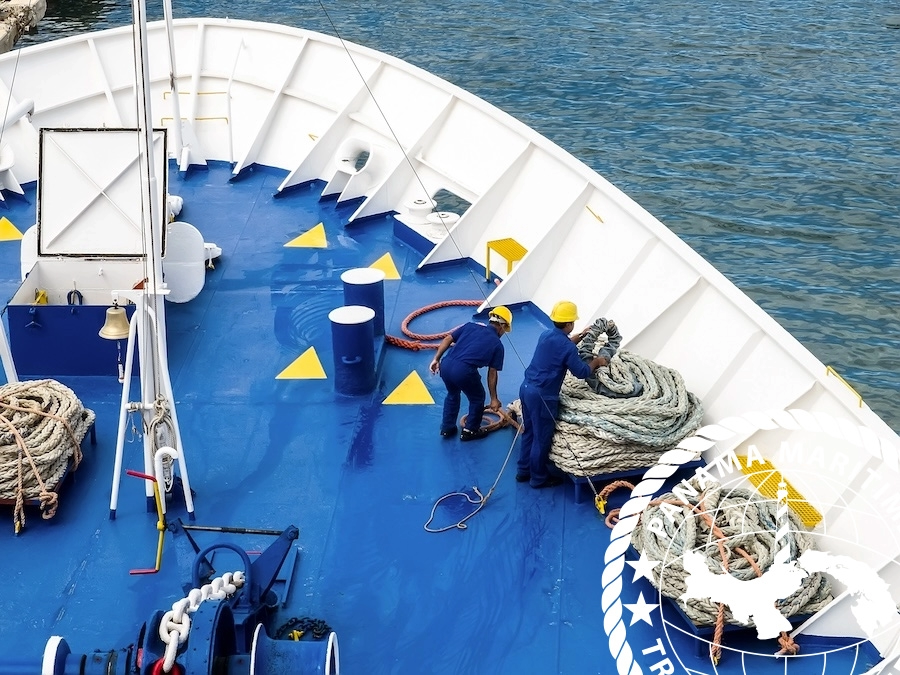
Know the functions of an ordinary seaman both on deck and in the engine room. Support in mooring, unmooring, anchoring, and towing maneuvers, and in the preventive maintenance of the deck, ship structure, and engine room. Know the responsibilities related to safety management and the protection of the marine environment.
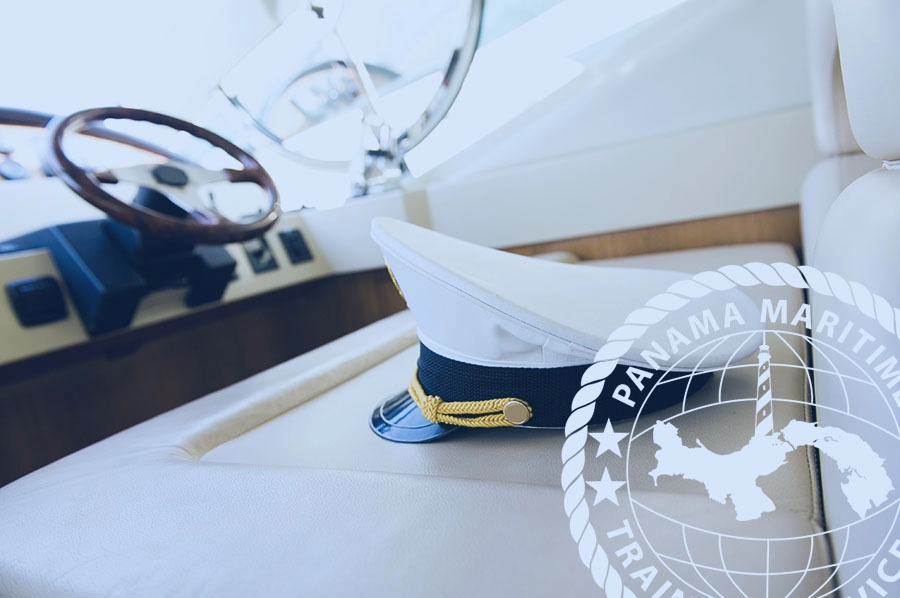
Effectively manage emergency situations on yachts or pleasure boats, ensuring calmness among passengers and novice crew members. They will learn to direct people to safe places, provide precise instructions, and handle lifesaving equipment. Competently assume the role of Captain on recreational vessels.
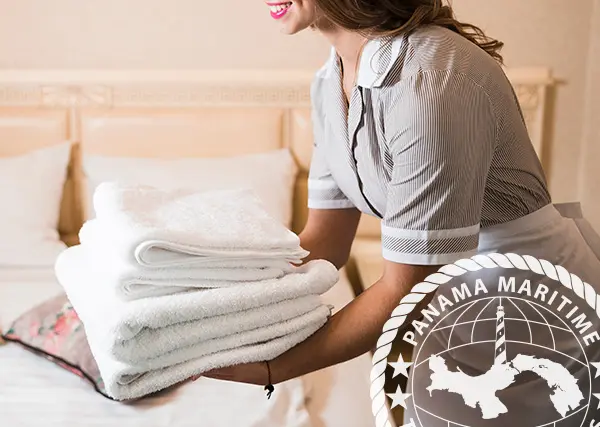
In the Hotel Staff Course on Passenger Ships, all the standards and best practices necessary to perform non-maritime roles on cruise ships and ferries, such as housekeeper, dancer, doctor, and waiter, are taught. Governed by STCW standards, this course ensures exceptional and professional service onboard.